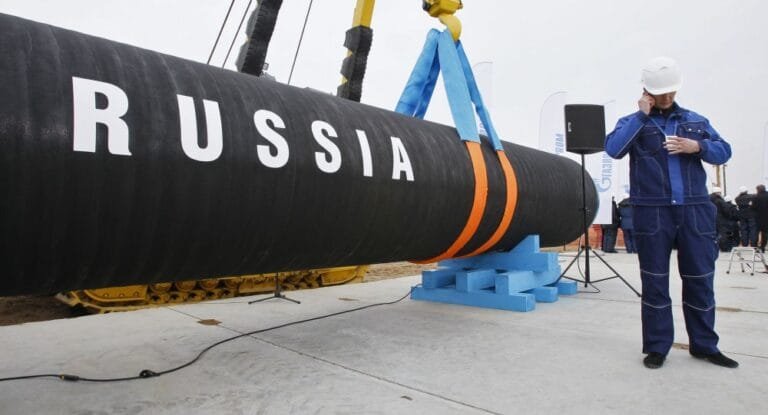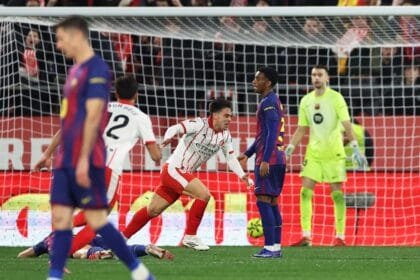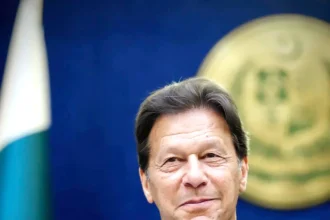Europe – In one of the most decisive moves since the start of the war in Ukraine, European Union energy ministers agreed during their meeting in Luxembourg to ban imports of Russian natural gas by the end of 2027. This comes as part of European efforts to reduce dependence on Moscow as a primary energy source and dry up one of Russia’s main sources of war funding.
A European decision supported by the US… and awaiting Parliament
The decision, which still needs approval by the European Parliament before entering into force, was first proposed by the European Commission last spring. It aims to enhance European energy security by diversifying import sources and reducing Russia’s influence in the European energy market.
This comes amid increasing US pressure on European capitals. The goal is to accelerate their decoupling from Russian energy and increase their reliance on liquefied natural gas (LNG) from the United States.
$750 billion in European-American energy deals
In a related development, a joint statement on trade relations between the European Union and the United States revealed a plan aimed at concluding energy deals worth $750 billion over the next three years. This plan is an attempt to fill the gap left by Russian gas in the European market.
Russia is Europe’s second-largest gas supplier by far.
Despite European efforts to reduce dependence on Russia, Moscow remains the second-largest exporter of liquefied natural gas to the European Union after the United States, accounting for approximately 15% of the bloc’s total imports.
The monthly bill for Russian liquefied gas imports ranges between 500 and 700 million euros, equivalent to $584 to $817 million. This provides Moscow with a significant financial resource that enhances its ability to continue its military operations.
European statements: We are working to diversify energy sources.
“We are working closely with the US administration on energy, and we are in the process of diversifying our gas imports,” EU Energy Commissioner Dan Jørgensen said last week.
He noted that the EU has become more capable of dealing with geopolitical changes in the energy sector. This improvement is due to years of overreliance on Russian supplies.
A radical shift in European energy policy
يمثل هذا القرار تحولا استراتيجيا في سياسة الطاقة الأوروبية. إذ أنه يلزم الدول الأعضاء بالتخلي الكامل عن الغاز الروسي خلال عامين. كانت هذه خطوة مستبعدة في الماضي القريب نظرا لاعتماد عدد من الدول، خاصة في أوروبا الشرقية، بشكل شبه كلي على الإمدادات القادمة من روسيا.
















